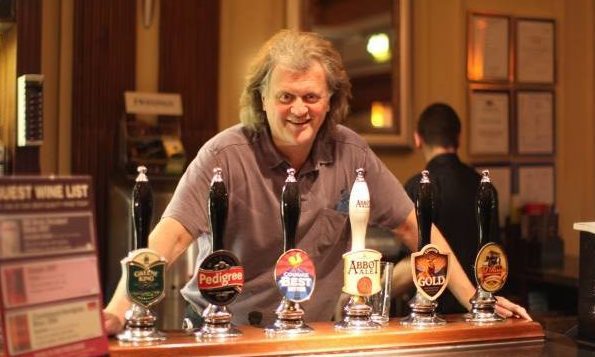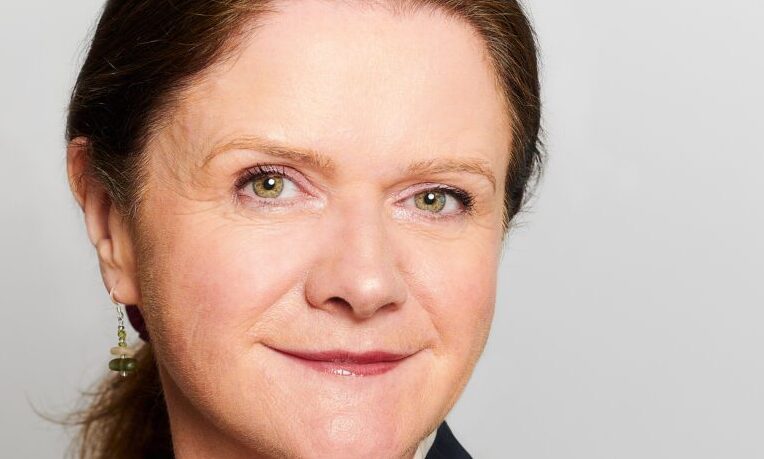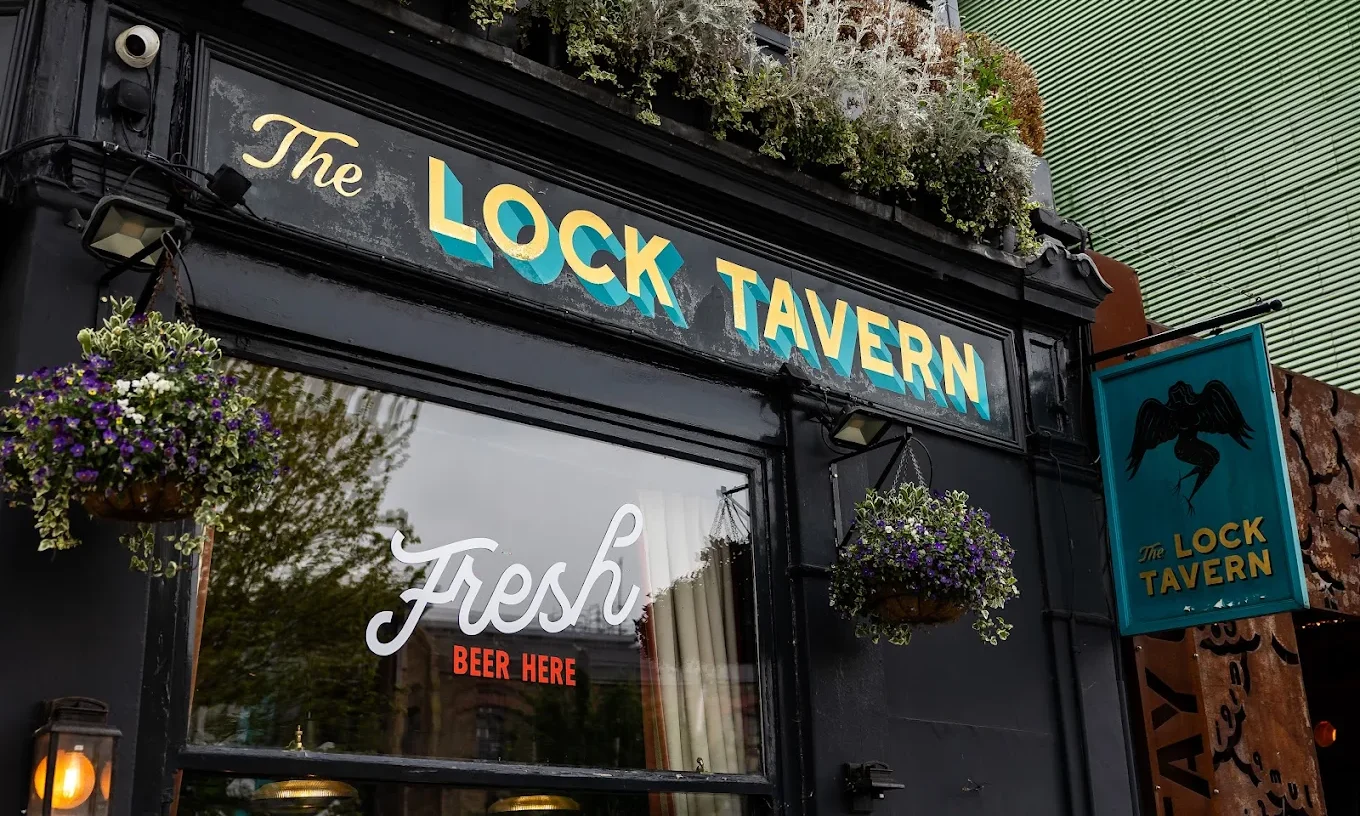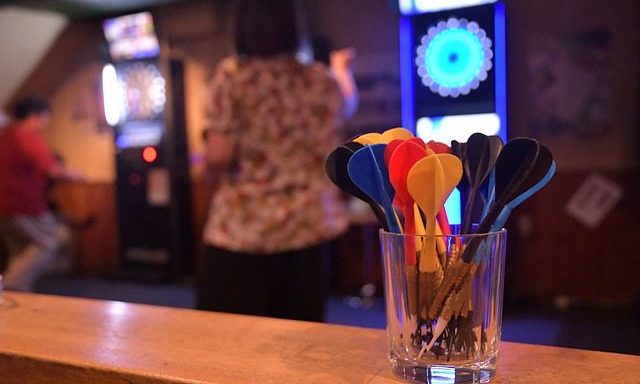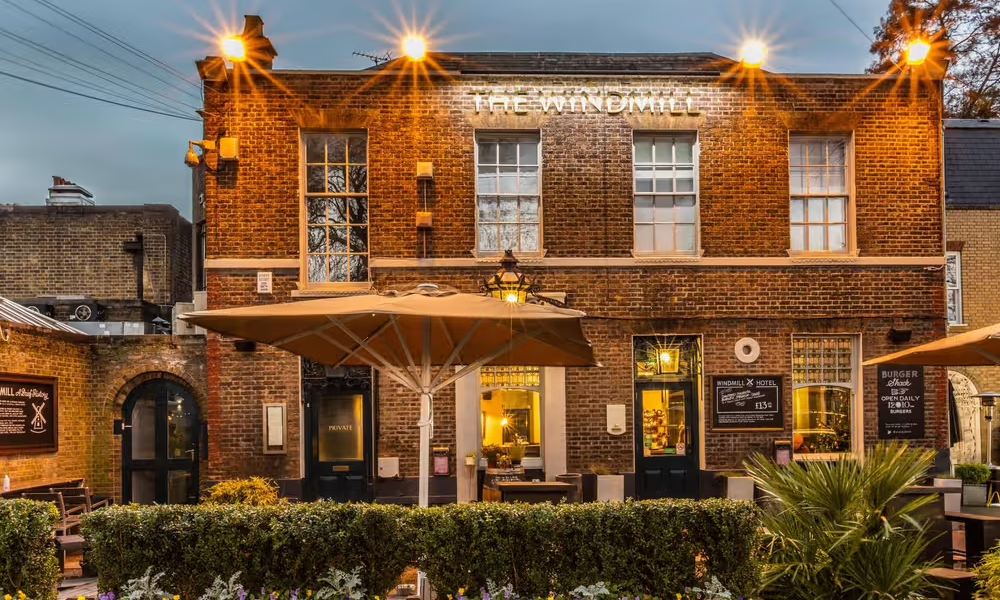Register to get 5 free articles
Reveal the article below by registering for our email newsletter.
Want unlimited access? View Plans
Already have an account? Sign in
The number of late-night venues in Britain has grown modestly in the past year, but sector leaders have warned that rising costs risk wiping out fragile progress.
New figures from the Night Time Economy Market Monitor, published by CGA by NIQ and the Night Time Industries Association (NTIA), show the total number of late-night bars, nightclubs and casinos rose by 2% in the year to March 2025. However, the total remains 25.1% below pre-pandemic levels.
Bars showed the strongest signs of recovery, increasing in number by 7.6% since March 2024. This equates to nearly seven net openings per week, with growth driven by consumer demand for experience-led nights out at venues such as themed and competitive socialising bars.
Some of this expansion has come at the expense of nightclubs, which have seen a 33.8% fall in sites since March 2020. The wider night-time economy has also been bolstered by growth in licensed cultural venues, including cinemas and theatres, which rose by 4.5% over the same period.
Despite these signs of renewal, the sector is facing fresh financial pressure following cost increases that came into effect in April. These include rises in National Minimum and Living Wages and National Insurance contributions.
A recent NTIA survey of more than 500 nightlife businesses found 40% expect to close within six months without further government support.
Operators in London, Edinburgh and Cardiff have fared better than those in towns and rural areas, the monitor found. The three capital cities have each increased their share of late-night venues since 2020 by 4%, 3% and 5% respectively. Venues in the South and South East of England also showed greater resilience than those in the East, South West and Wales.
Karl Chessell, director for hospitality operators and food EMEA at CGA by NIQ, said: “These numbers show how hard businesses in late-night hospitality have worked to build back from the turmoil of Covid-19. They have also adapted very well to consumers’ changing leisure needs and are shaping a new and dynamic night time economy.
“However, extra costs and ongoing inflation, alongside hesitant consumer spending, mean many businesses’ cash reserves are rapidly being depleted. Urgent and targeted action is needed to tackle this jeopardy and ensure hospitality can help kickstart an economic revival.”
Michael Kill, chief executive of the NTIA, added: “While our sector is remarkably resilient – modest figures of growth should not be mistaken for recovery. What we are seeing is the barest flicker of life after five years of near-collapse.
“A 5% growth in nightclubs sounds positive – until you remember we’ve lost 34% of them since 2020. Without urgent intervention, the small signs of resilience we’re seeing now will be put out entirely – and disproportionately so on independent venues deeply cherished by and so valuable to communities.”



